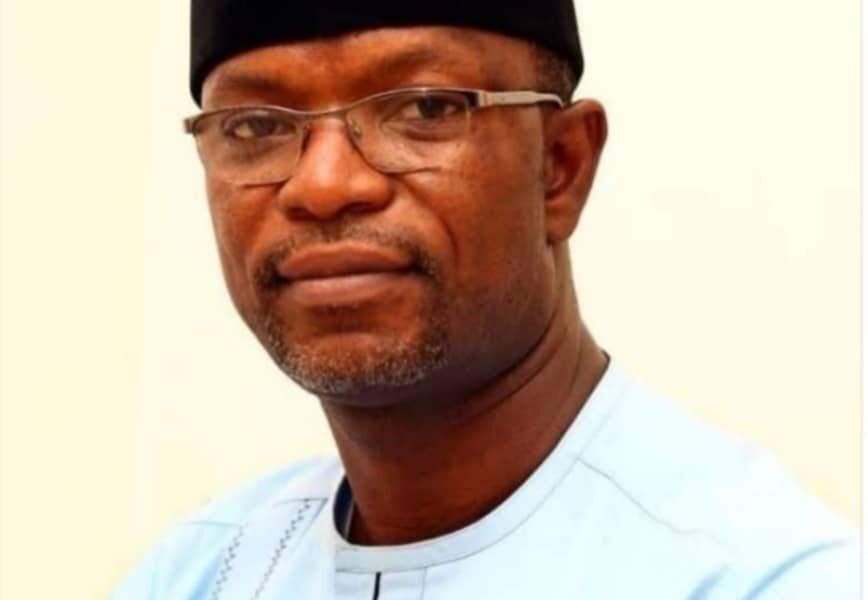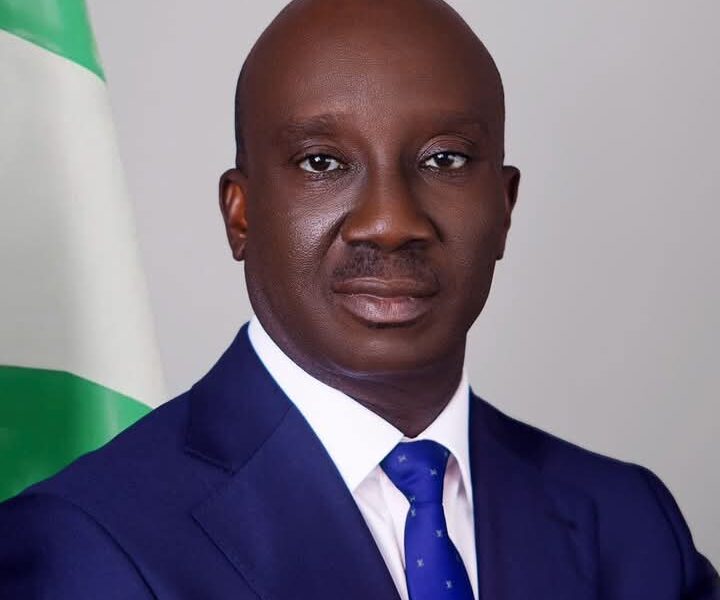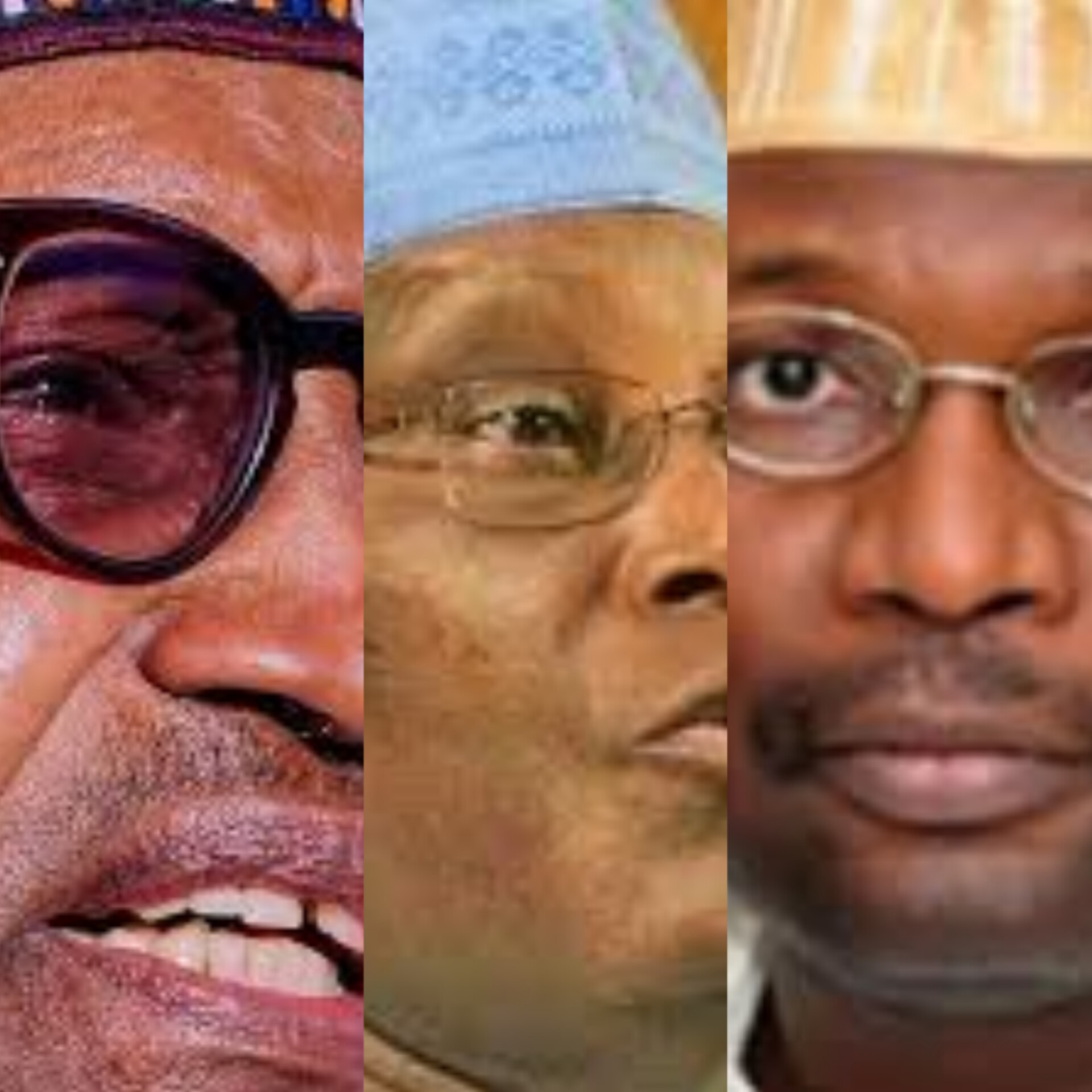By Yisa Usman
The recent proposal of the Nigerian House of Representatives Committee on Constitution Review for the creation of 31 additional states across the country’s geopolitical zones has reignited debates on the challenges, feasibility, and implications of state creation.
From the three regions at independence in 1960, the lasting legacy of military rule that will shape Nigeria’s administrative divisions began with the first major restructuring in 1967 when Yakubu Gowon, as military Head of State, replaced the regional structure with 12 states to address ethnic tensions, secessionist movements, and fears of domination. Subsequent administrations further increased the number of states, with the most recent exercise occurring in 1996 under Sani Abacha, bringing the total to 36 states and the Federal Capital Territory.
Following the removal of Yakubu Gowon from office, another state creation took place. In 1976, upon assuming office, Murtala Mohammed established Anambra, Bauchi, Benue, Imo, Niger, Ogun, and Ondo, increasing the total number of states from the original twelve created by Gowon to nineteen.
Under Ibrahim Babangida’s administration in 1987, Akwa Ibom and Katsina were added, followed by the creation of Abia, Enugu, Delta, Jigawa, Kebbi, Osun, Kogi, Taraba, and Yobe in 1991, bringing the total to thirty.
The demand for more states continued, leading to further expansion under Sani Abacha’s administration. On October 1, 1996, six additional states, Ebonyi, Bayelsa, Nasarawa, Gombe, Zamfara, and Ekiti were created, raising the total to 36.
State creation in Nigeria has historically been driven by demands for political representation, resource control, and administrative efficiency.
However, political considerations have often taken precedence, leading to disparities in representation and resource allocation. Since 1967, successive exercises have been strategically structured to maintain the numerical dominance of certain regions, sparking debates on equity and marginalization, particularly from the Southeast and South-South, which generate much of Nigeria’s revenue through oil production. The concentration of economic resources in specific areas further fueled calls for restructuring and a more balanced federal system.
The 1999 Constitution provides stringent requirements for the creation of new states, including submission of proposals supported by at least one-third of members of the Senate, House of Representatives, State Houses of Assembly, and Local Government Councils.
A referendum in the affected areas, supported by a majority of the residents, and approval by two-thirds of the National Assembly are also necessary. Despite these legal provisions, challenges remain due to political resistance, regional power struggles, and the difficulty in achieving consensus across multiple legislative bodies. Attempts at state creation are often marred by legal ambiguities and constitutional bottlenecks, further complicating the process.
The current proposals for new states include Benue Ala, Apa-agba, Apa, Okun, Okura, and Confluence States with FCT State, all from the North-central. Amana, Katagum, Savanna, and Muri states from the North-east. New Kaduna, Gurara, Tiga, Kainji, and Ghari states from the North-west.
Etiti, Adada, Urashi, Orlu, and Aba states from the South-east. Ogoja, Warri, Bori, and Obolo states from the South-south, and Toru-Ebe, Ibadan, Lagoon, Ijebu, Ife-Ijesha, and Oke-Ogun states from the South-west.
The creation of the new states raises concerns about financial sustainability, as many existing states already struggle with self-sufficiency and rely heavily on federal allocations. While some proposed states, like Okun, Confluence, and Kainji, have strong economic potential in agriculture and tourism, others may lack the necessary foundation to support governance and infrastructure.
Establishing new states requires significant investment in administrative structures, public services, and state capitals, which could increase fiscal burdens and deepen reliance on federal resources, potentially straining the national economy. Beyond economic concerns, ethnic and regional considerations often drive the push for state creation, leading to competition over resource allocation, political representation, and boundary demarcations.
This has fueled interethnic rivalries and political disputes, weakening national unity and social cohesion.
Additionally, the agitation for new states is sometimes driven by political elites seeking greater control over resources and administrative power.
Rather than addressing governance inefficiencies, state creation can become a tool for political patronage, reinforcing corruption and administrative dysfunction.
The Renewed Hope Agenda under President Bola Ahmed Tinubu’s administration offers a structured approach to addressing some of the underlying issues fueling demands for state creation. One of the primary concerns that drive agitation for new states is economic disparity.
The Tinubu-led administration’s economic reforms, particularly in resource optimization and fiscal discipline, aim to reduce regional economic inequalities. By enhancing government revenue through tax reforms and the removal of fuel subsidies, the administration creates a more balanced economic environment, potentially addressing some of the financial grievances that lead to demands for new states.
Infrastructural development under the Renewed Hope Agenda is also pivotal.
The administration has prioritized key projects such as the Badagry-Sokoto Highway and the Lagos-Calabar Coastal Highway, aimed at improving connectivity between regions. Such developments enhance economic integration and reduce the sense of marginalization among communities that might otherwise push for state creation as a means of gaining access to infrastructural development.
Additionally, the launch of the Nigerian Consumer Credit Corporation by the Tinubu administration to enhance access to credit to employed Nigerians, and the Renewed Hope Agenda’s establishment of the National Credit Guarantee Company are designed to provide financial support to businesses and individuals, particularly in underserved regions.
These initiatives can stimulate local economies and reduce economic disparities, ensuring that development reaches communities without the need for new administrative divisions.
While state creation has historically served political interests, its economic and administrative sustainability remains debatable.
By ensuring fiscal independence of existing states and reducing the over-centralization of national resources, the country can address issues of marginalization and governance inefficiencies more effectively than through further state creation exercises. Rather than focusing on creating new states, Nigeria’s leadership should prioritize economic reforms, infrastructural development, and equitable governance.
Assuming that necessary resources are not a constraint, the creation of additional states in Nigeria can promote balanced development, equitable resource distribution, and improved political representation.
It would bring governance closer to the people, driving local economic growth and infrastructure development. Given Nigeria’s diverse ethnic and cultural landscape, new states could help address historical grievances, ease regional tensions, and ensure fairer access to national resources and political opportunities.
State creation can improve administrative efficiency by decentralizing governance and enhancing service delivery.
In a country where population growth and economic expansion have outpaced existing structures, new states could enable better resource management, promote regional autonomy, and reinforce national unity. However, for this to be effective, state creation must be driven by genuine developmental needs, ensuring that new states are economically viable and sustainable rather than being influenced by political interests.
Yisa Usman is a Fellow of the Institute of Chartered Accountants of Nigeria and the Chartered Institute of Taxation of Nigeria. He is a doctoral candidate of Corporate Governance and writes from Abuja. Email: topusman@gmail.com; 08037050981.




